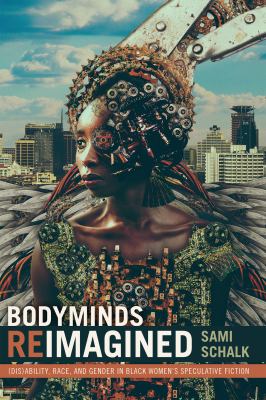
print
|
Bodyminds reimagined : (dis)ability, race, and gender in black women's speculative fiction
-- Body minds reimagined :
Copies
1 Total copies, 1 Copies are in,
0 Copies are out.
Authors
Subjects
Language
English
Dimensions
24 cm







